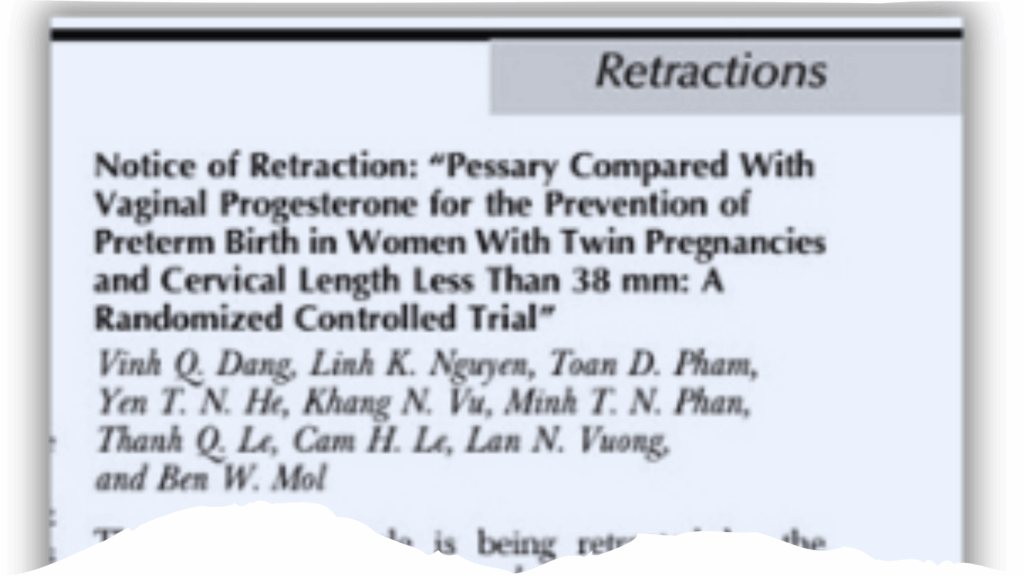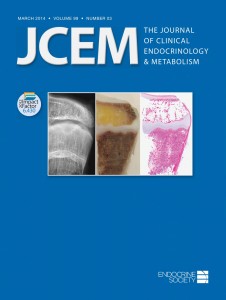A sleuth who has identified several hundred articles describing clinical women’s health research with untrustworthy data, leading to nearly 300 retractions, has now lost one of his own papers for duplicate publication.
Ben Mol, who leads the Evidence-based Women’s Health Care Research Group in the department of obstetrics and gynecology at Monash University in Australia, has worked to raise awareness of problematic data informing medical recommendations for women’s health care, and to cleanse the literature of unreliable studies, with major media outlets covering his work.
Mol told Retraction Watch about 50 of his papers have been investigated since 2020, usually after anonymous complaints. “It is clear that somebody had been screening my papers … in a systematic way to find any wrongdoing,” he said. His only other retraction came after he and colleagues found an error in their own work and requested the action.
Continue reading Sleuth loses paper for duplicate publication after flagging hundreds of untrustworthy articles






 This one seems like an honest mistake: a paper on dietary supplements during pregnancy has been retracted based on an error in data recording.
This one seems like an honest mistake: a paper on dietary supplements during pregnancy has been retracted based on an error in data recording.